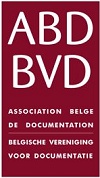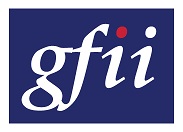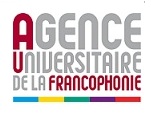Organization of islamic knowledge in librairies : role of organisation of islamic knowledge in librairies : role of classification systems, their suitability and optimal solution
The libraries mainly deal with the explicit or recorded knowledge of the human being.
Classification systems play a fundamental role in the organization, display, retrieval and access of the knowledge and materials in libraries.
During the last one and a half century, formal classification systems and standards have been developed to replace the previous generic categorization.
Such the systems are very famous, known and used by the libraries internationally.
Some of these international standard systems include: Dewey Decimal Classification (DDC); Charles Ammi Cutter’s Expansive Classification (EC); The Subject Classification of James Duff Brown (SC); American Library of Congress Classification (LCC); Universal Decimal Classification (UDC): Henry E. Bliss’ Bibliographic Classification (BC); and S. R.Ranganathan’s Colon Classification (CC).
These systems have served the purpose adequately in many of the knowledge areas and disciplines.
Nevertheless, there are some of the areas which lack proper intention and treatment in these fit-for-all standard classification systems.
The background and context of the devisers has been a strong reason behind this problem.
Islamic knowledge is also among the areas, which has not been properly addressed by these systems.
This paper examines this problem and presents a potential solution for the problem.













